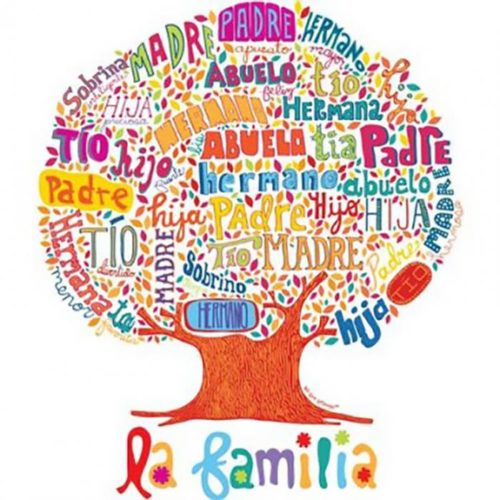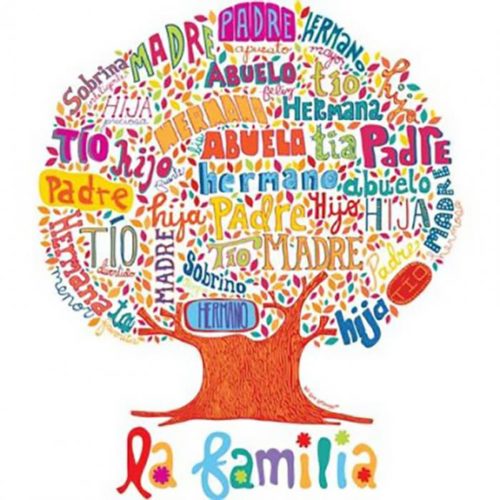Necessity of a Special Family Procedural Law for Cuba (II).

For those who do not see it as a process in itself, by itself and for itself, it is necessary to go back to the explanation of what important masters of procedural science expressed.

It is not a question of being a staunch defender of the new, who pretends to divorce the Family Procedural Law and the family procedure from that inexhaustible source from which it drank and still drinks today: the Civil Procedural Law and the civil process. However, it cannot be denied that the old civil process has as its original basis the dispensation of legal-procedural rules that protect, above all, patrimonial and intrinsically individual interests, while the family process has rules, also instrumental, but not taxatively of an iusprivatist cut but of protection of eminently social family substantive rules.
This is because the family is not a nucleus marked by an arithmetical sum of individualistic interests, but because it is the center of society, of life itself, because it constitutes a true small society.
In family proceedings, given the social transcendence of family relations, the judge has been given greater powers for the direction of the process, for the exaltation of his activism and the development of a justice of accompaniment that he directs and, particularly, for the gathering of evidence.
In this special procedure, the rights at issue are generally unwaivable, and therefore do not fall within the scope of the parties’ freedom of disposition. They are, therefore, rights that are regularly unavailable because of their manifestly social and not private nature.
The Family Procedure is not a hasty split of the Civil Procedural Law nor an invention of the late twentieth century. For those who do not see it as a process in itself, by itself and for itself, it is necessary to go back to the explanation of what was expressed by important masters of procedural science.
But it is possible to distinguish this specific procedure from others by its typical features. No one has the slightest doubt that in the special family procedure all problems inherent to the family are considered of public order and that the family judges, in a special sui generis action, intervene ex officio in matters affecting the family, in order to preserve it and to protect its members.
It cannot be concluded that the family proceeding is a totally independent process, which has broken the umbilical cord that unites it to the civil proceeding by a common denominator of guiding principles, of procedural institutions customary to the process, seen as a whole, because this would imply denying that the special family proceeding is inserted, like the rest of the processes, in a special family proceeding, like the rest of the processes, in the qualifier with which the unitary theory of the process has been denominated, but without discarding that it presents its own specificities, which distinguish it, which differentiate it, which make it stand out not only as a public law but predominantly social.
Written by Dr Osvaldo Manuel Álvarez Torres.




